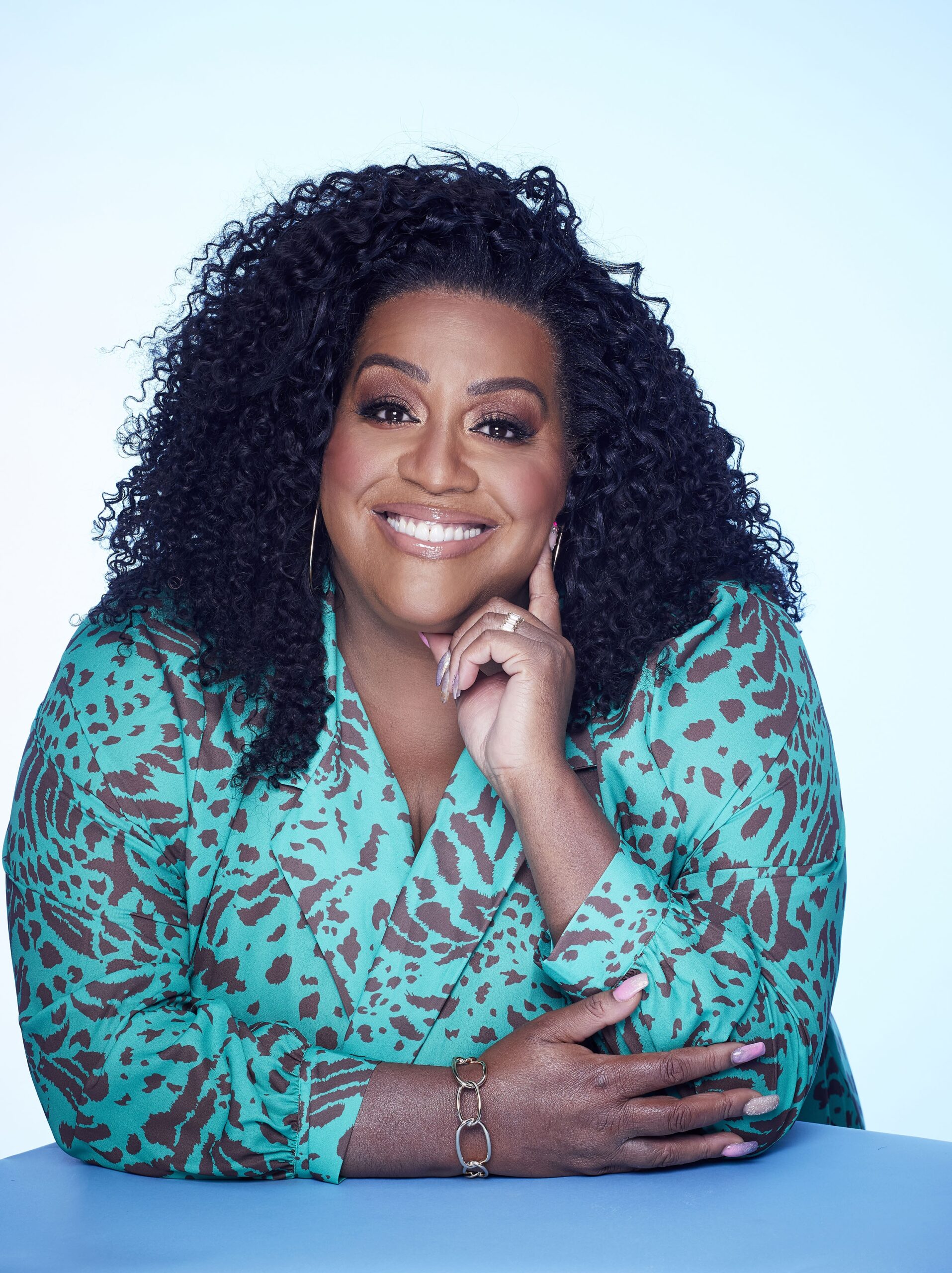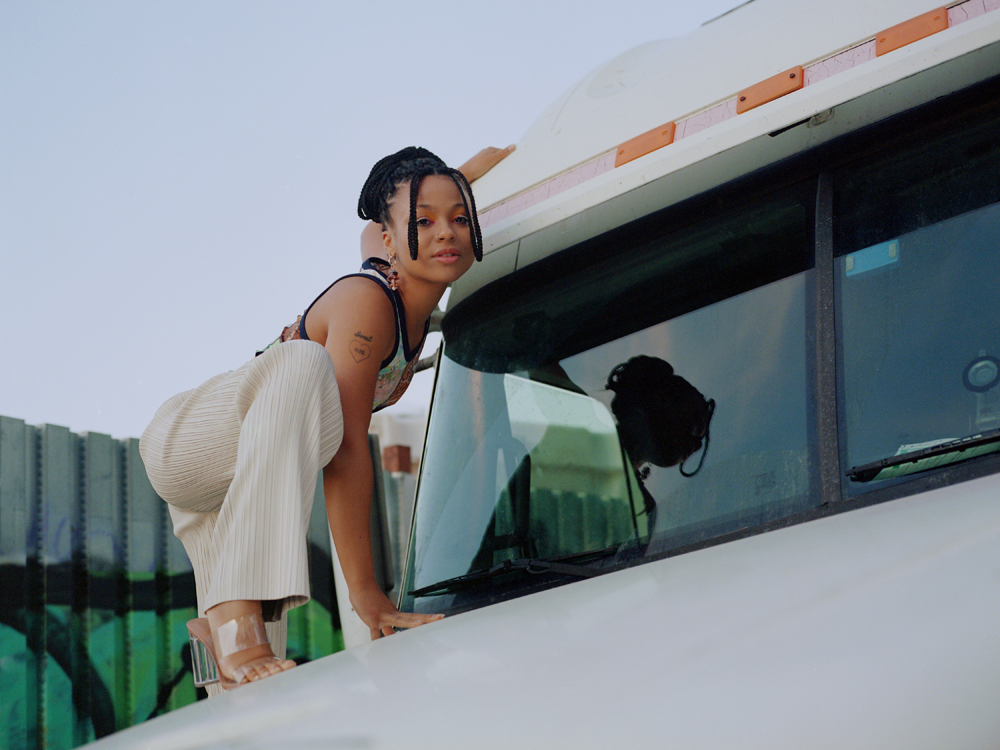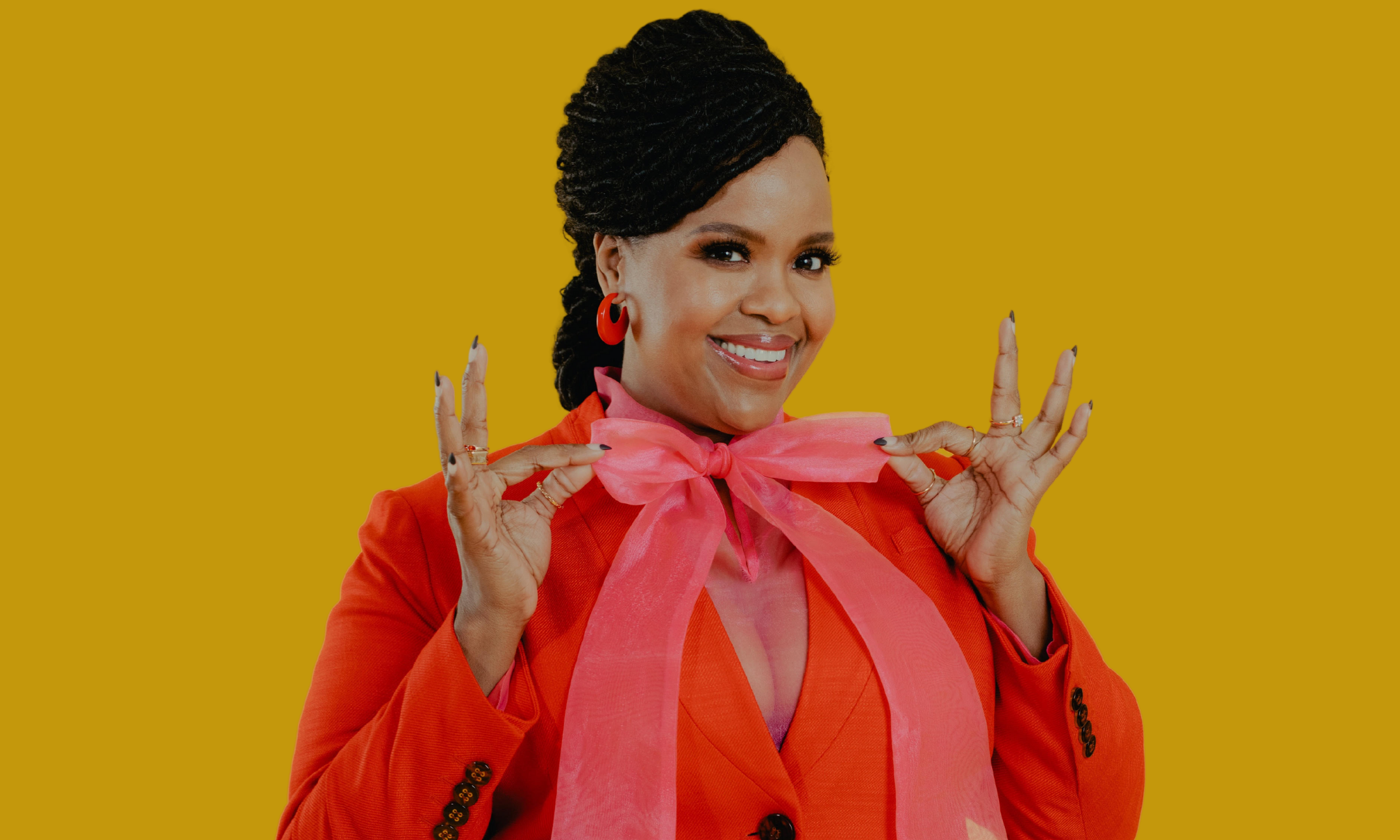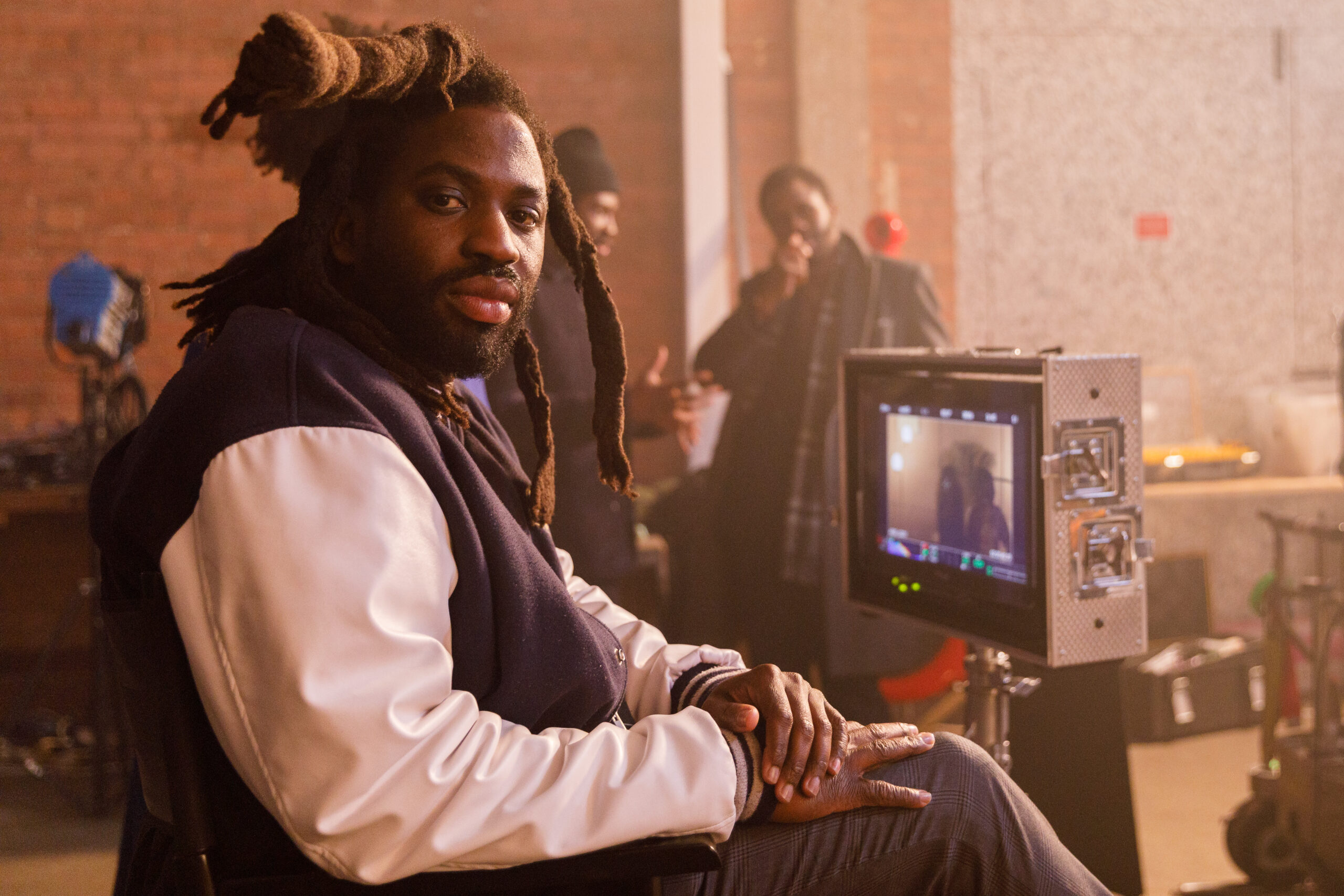
Black and Asian mums on why their love for Princess Di will never die
Arranged marriage? Pressured to keep quiet about her husband's actions in order to not bring shame on the family? Style? We stan-a Diana.
Unzela Khan
17 Dec 2020
Though it’s difficult to understand why a white upper-class woman, who on the surface has little relatability to offer to minorities has an impact – for women of colour Princess Diana was probably one of the few people whose death truly shook them.
Our community’s connection to the late princess has been shaped by seeing her as a mother, and understanding her struggles within a system of hierarchy and misogyny. And we relived that all over again this year with the latest series of The Crown.
There are parallels with everyday women’s stories – for example her marriage to an older man at such a relatively young age, her apparent struggles to be understood by the royal family and her need to ‘lead through her heart and not her head.’ These all struggles shared by our mothers.
To see a woman suffer silently then speak out, while married into a high-class family (who, similar to our communities lives on the mantra “what will people say?”) may have given a sense of hope to women who had been having the same struggles.
More than 20 years from her death, I spoke to a few black and south Asian women who recall the peak of Diana’s popularity, and how her mere existence impacted their day-to-day lives in the 90s, and why they believe she had such an impact on our communities. Here’s what they think.
Saima Malik
“I was very lucky to have met Princess Diana on one of her visits to Pakistan, before her separation from Prince Charles in around 1991. She visited our college and I was told to hand her a garland and not to put it over her head, although that is what you usually do. However, we had to see how she reacts because you can’t just force it on her. When she stepped out of her car I was the first to greet her, I handed the garland awkwardly and she just knew – she put her head down and said: “aren’t you going to put it over my head?”
Even when I shook her hand, what I remember about this is that she did not let go of it, you know when it becomes a little too long and it becomes awkward? I pulled my hand away – I will always remember that feeling, because it shows how warm she was. She took her time, and let me withdraw.
On that trip we gifted her a shalwar kameez (a traditional dress) and she actually wore it later!
Diana was popular amongst our community because she was the favourite of the media and popular in a time when you couldn’t’ really get to see international celebrities on TV. Yet somehow in Pakistan she was in every Urdu and English newspaper, there was always a picture of Diana.
Even the domestic help of Pakistan knew of Lady Diana. I think Pakistani’s get defensive about her because that’s the persona she had, she was warm – but I don’t think it’s just Pakistani’s, I think it’s everyone in the world, even before her connection and visit to Pakistan we still adored her.
Not in my lifetime have I seen anybody with that kind of popularity, being someone with that level of royalty, and bringing herself down to relate to the common man, there isn’t another example of that.”
Dr Attiya Khan, 47
“I don’t really have any memorabilia anymore but I remember at the time having a framed picture of Diana in my bedroom in my university halls.
I think as an asian woman I felt that I could relate to Diana because in effect what she had was equivalent to an arranged marriage aged 17 to a much older man who was from a respectable family. Her dreams were crushed when she found out it was all a farce and her husband was in fact in love with someone else and she was expected to just put up with it to keep face. As Asians I think we could all relate to that – the whole idea that we should put up with anything in order to keep the respectability of the family. What I loved about Diana is that she refused to put up with it. I know at the time a lot of people and the media thought she was manipulative but I thought ‘Good for her!’ She had been manipulated and now she was going to get her revenge.
In fact it was in part what happened to Diana that inspired me to write a book Ten Steps to Us which comes out next year. My central character has a very real fear about the riskiness of arranged marriage, partly inspired by what happened to Diana.
Also as a Muslim woman it was very exciting to read about her relationships with Muslim men such as the heart surgeon Hasnat Khan and Dodi Al-Fayed. It must have been such a big deal to date a Muslim man in those days. She gave agency to ethnic minorities.
Arsala, 60
“I was in shock when she died, she was nothing to me in reality but I still took my young kids to Buckingham Palace to pay our respects. After she died I cut my hair completely short as you can see in the picture!
I think one of the best things about her was that she did the BBC interview so that people found out about what happened to her instead of just shaming her character. She didn’t cheat because she was unloyal, she did it because she needed love and her husband cheated on her.
For me, I could relate to her at the time, she was a good mother and was vocal about spending time with her kids and putting them first – something that was rare at the time within the Royal Family, who always put duty first. She used to choose her kids over royal protocol. These things really touched me, as a south Asian mother this is also how we are. We are mothers before anything. I myself chose to be present with my kids over a career, I never wanted a nanny for them, which is something Diana also tried to do as much as she could.
She was like us, in fact, one of the things that stood out for me was when she went to visit Dr Hasanat’s family in Pakistan and she did not care about sitting on a “charpai” (woven bed) in a village. Even people of our generation don’t do these things because there is a class system, and an inferiority complex, we’re too conscious of how we’ll be perceived. She was not arrogant.
Joy Yinka Bello, 60
“Diana humanised the Royal Family. I could relate to her because of her empathy, her love of Africa and how she was as a mother. When she died I remember I was at a party. Instantly the music stopped and everyone kept saying that they didn’t believe it was true. I was so shocked and it was one of the worst days of my life.
She treated everyone equally. Although I do believe Meghan Markle can be like Diana, she seems to have the same heart but Meghan gets it worse because she’s Black.
She definitely had an influence on my life even if it was subconsciously, I actually modelled my wedding dress on hers and I have cups with their wedding picture in storage! I feel very defensive when people talk ill about Diana and I have a strong dislike for Camila – she is the devil.”
Prerna Sharma, 52
“Diana was a similar age to me, young, in her twenties, about to get married to her Prince that she adored. But I think the main cultural connection was that the man she was marrying was a lot older than her! Watching her go through what a lot of women in my family and circle have gone through made her relatable, to see someone with so much potential go through the emotional turmoil Asian women experience simply validated our own struggles. It was our reality being played out in a culture which is seen to be “progressive.” She shed light on the backwardness of the higher class.
There she was, this shy and almost submissive other half to this man that is going to be her future partner – and that’s very much the case with Asian women, especially in those days.
What I loved was she did a lot for charity, she reached out to people, she broke the royal protocol and actually shook hands with all sorts of people.
I bought her autobiography when everything came out in the media about her broken relationship. It resonated in the way that this man she was married to got away with so much, and she was the silent partner. Asian women often cover up the misgivings of their male partners. To see her suffering so publicly made me realise the issue is not limited to south Asians, in fact it is a cross-cultural issue and more about patriarchy. Diana was the first public figure who had so much to lose in terms of family and image, yet still spoke out without fear. She did what people in our culture aspire to do – to not care about what people will say.
Her death was very much a shock, and a very sad day, we went to Buckingham Palace to pay our tributes, we bought a red rose to lay by the palace, and then we went to Harrods and signed the guestbook! There will only ever be one Diana.”









